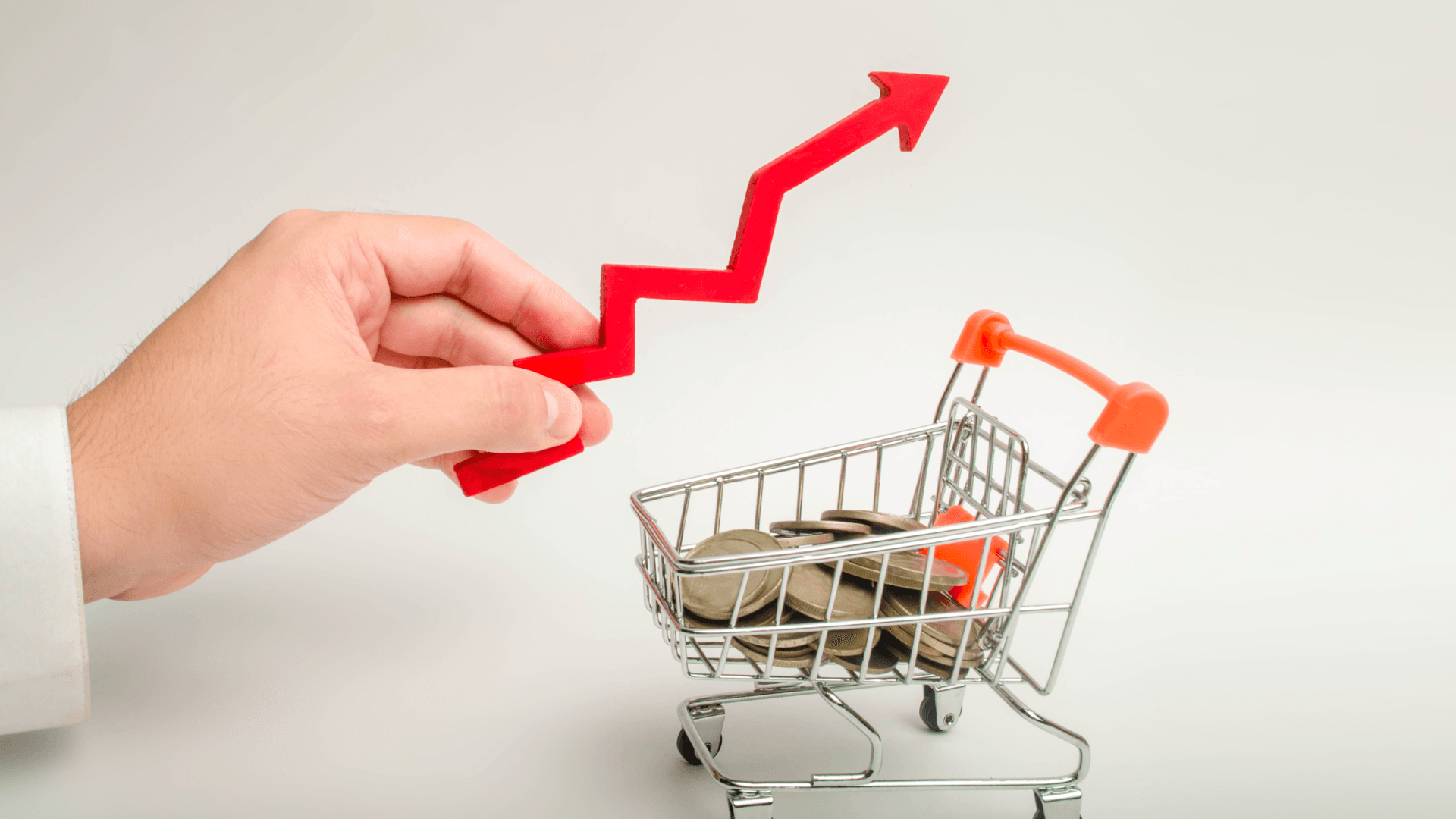Inflation is an economic phenomenon that affects all countries and can have a negative impact on our personal economy.
It is important to know how to cope with inflation in order to maintain our purchasing power and not lose value for our money.
What is inflation?
Inflation is the sustained and generalized increase in the prices of goods and services in an economy.
That is, over time, money loses purchasing power because prices go up and more money is needed to buy the same thing.
Inflation can be caused by several factors, such as an increase in the demand for goods and services, a lack of supply, a decrease in the value of a currency, among others.
However, whatever its cause, inflation negatively affects your purchasing power.
How to cope with inflation?
To avoid losing purchasing power, you can follow these tips:
- Invest in real assets, such as real estate or precious metals. These assets tend to hold their value during periods of inflation;
- Diversify your investments. Maintaining a balanced portfolio of stocks, bonds and real estate can help protect your purchasing power in the event of an inflationary situation;
- Keep a tight budget and avoid unnecessary debt. If you have to borrow money, make sure you can pay it back smoothly in an inflationary period;
- Consider saving in foreign currencies or cryptocurrencies. This can help you diversify your assets and protect your purchasing power globally.
By following these tips, you can help protect your purchasing power and cope with inflation.
Save and invest
An effective way to cope with inflation and maintain your purchasing power is to save and invest wisely. Here are some recommendations:
- Set long-term financial goals and budget to meet them;
- Look for investment options that offer a higher return than inflation, such as mutual funds or bonds;
- Diversify your investments to reduce risks and maximize returns;
- Take advantage of digital tools to track your investments and make informed decisions.
Don't forget to maintain an emergency fund that allows you to meet unexpected expenses without having to resort to debt.
Keep your expenses under control
One of the best ways to cope with inflation and maintain your purchasing power is to keep your expenses under control.
To do this, it is important to follow a budget and record all your income and expenses.
Don't take on too much debt
A common practice to cope with inflation is to resort to loans or credit.
However, it is important to keep in mind that accumulating too much debt can put your financial stability at risk.
Before borrowing, be sure to analyze your ability to pay and assess whether you really need the money.
Look for additional sources of income
One way to deal with inflation and maintain your purchasing power is to look for additional sources of income. You can consider options such as:
- Working overtime at your current job;
- Looking for freelance or temporary work;
- Starting a side business, such as selling products online or providing gardening or cleaning services;
- Investing in the stock market or real estate.
It is important to remember that any additional source of income you choose must be legal and ethical.











